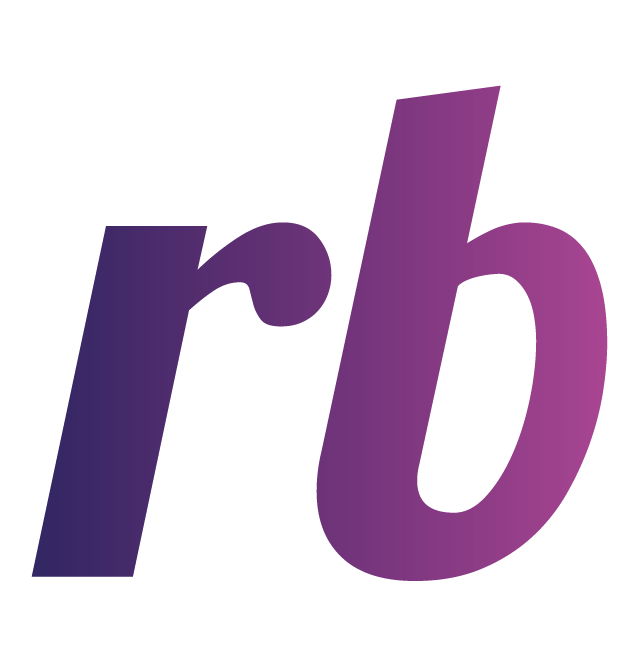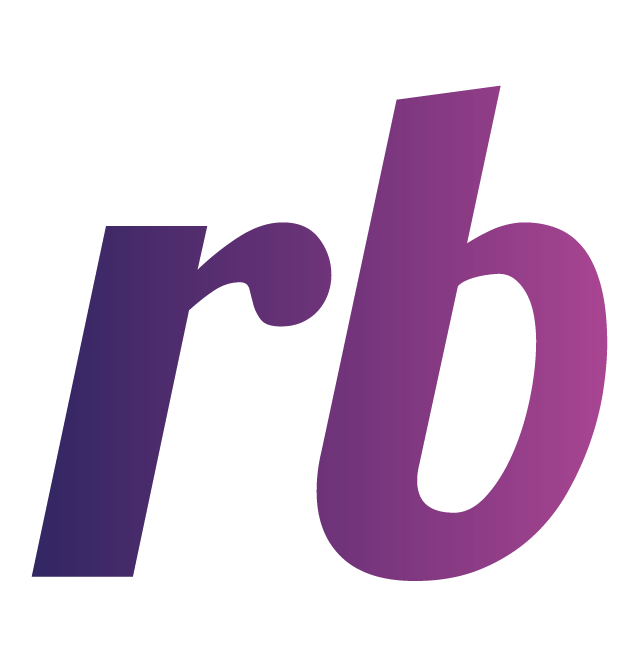People don't buy what you do, people buy why you do what you do - Simon Sinek
This is one of my favorite quotes and this post goes out to all job seekers and passive candidates all over the world.
People never hire you or work with you just for your qualifications or titles, but they hire you because you show them why you did what you did.
As a candidate, the most important thing is to understand how recruiters help find you a job.
During you job search journey one thing you must
remember is to be super proud of all your accomplishments and to be accountable for your failures. There is a great lesson to learn from both!
“Accept responsibility for your life. Know that it is YOU who will get you where you want to go, no one else.” ? Les Brown
Remember it takes 365 days to make a year. You will need to take one step at a time, one thought at a time, one idea at a time and one action at a time.
Who is a recruiter? And why are they so keep on helping you find a job?
The definition of recruiter is “An individual who works to fill job openings in businesses or organizations.
A recruiter's job includes reviewing candidate's job experiences, negotiating salaries, and placing candidates in agreeable employment positions. Recruiters typically receive a fee from the hiring employers.”
Now most recruiters work for small, medium organizations and start-ups! Some recruiters work because helping people find a job gives them satisfaction and job fulfilment
Recruiters work on many positions from various organizations at a time.
There are two types of recruiters:
A Head Hunter or Executive Recruiters and Recruiters from recruitment consultancies.
In the UAE, Candidates never pay a recruiter or an employer for a job.
We all know that searching for a job is an overwhelming process and requires a lot of planning, time and effort. The below are keys to success and make the job search process more manageable and less stressful.
• Develop a strategy
• Create a timeline
• Organize your search
Taking the time to learn about the employers that interest you will help you stand out in your job search. It demonstrates your focus to the employer or recruiter involved in the process.
This method does takes time and effort, but you will be able to make professional connections that will prove to be valuable as you progress in your career.
This first step allows you to meet people who work in the companies you are targeting and makes you eligible to be the first to know if a position might be opening up in the near future.
Making a connection to someone on the “inside” also gives you an insight into what an employer might be looking for in a candidate.
Majority of the jobs handled by recruiters are not usually advertised on job boards. You must ensure that you are visible to be considered for these opportunities.
Recruiters work on multiple positions from many organizations at a time.
Whereas Head Hunters seek candidates who are not actively looking for a new position and work on developing long-term relationships with clients and candidates.
If they recommend you to a company for a particular role and you don’t get hired, you may still be in the running to be recommended for other roles at another company.
It is important to understand and value the suggestions given to you by a recruiter or a head hunter.
These suggestions can be with regards to your resume, the way you dress to an interview, the kind of questions you ask during the interview, the kind of responses you give during the interview etc.
Each of the above are fundamental in helping you find a job.
It is necessary to network with recruiters. But, it is also imperative to hold off on doing so until you have reflected on what you want to achieve in your career.
An unplanned approach may leave you and the recruiter in a rather unpleasant situation.
Being proactive when it comes to building relationships is vital, but so is having an executive career strategy with a well-thought-out end goal.
Recruiters can only help you achieve your aim if you know what your aim is.
A recruiter may be working for a particular company with this a specific opening, or may be a recruiter from an outside company.
As a candidate, you should only connect with genuine search consultants from registered recruitment firms. And this needs a lot home work from your end.
It will ensure that your career information is in the strictest confidence and will only be disclosed to a client organization with your agreement.
It also means that when interested in a position, you will be treated as a candidate, not as an applicant. The recruiter/head hunter will put substantial time and effort into getting to know and evaluate you and your background.
Most recruiters work for specific clients but freelancer recruiters work for almost any organization.
For Example, when hiring senior executive-level talent (CEO, CFO, VP, etc.), a client that is the hiring organization may use an executive search consulting firm to help them find the right talent to fill the position.
Head Hunters/Recruiters work with their clients to find top executive candidates and offer industry-specific knowledge and expertise to ensure the most qualified and appropriate candidate is selected.
They are involved in-depth research, private networking, exhaustive screening and a methodically thought-out selection process to gain a prosperous outcome for the client.
The most important thing to remember is that a recruitment firm does not represent you, the individual but instead works for the hiring organization to locate the best possible individual for a role.
Head hunters or Executive recruiters give candidates access to what might be termed a “hidden job market” of challenging, high-level, well-compensated positions. These positions are mostly confidential and not advertised openly.
It is important to build a good relationship with the recruiters.
You will benefit from the relationship you build with recruiters, as part of your career strategy.
Another important action you must take before you reach out to recruiters is to research their interests and what you both have in common (A good practice for all networking). It can be through a phone conversation, an email exchange, a research into their company profile, or by looking at their LinkedIn profile.
Always look for the precise areas of specialization for each recruiter you connect with to save both yours & their time and energy.
If you’re a sales and marketing executive with deep experience in technology products and services, you would want to make note of any recruiters who specialize in any of these areas: sales, marketing, technology.
Look even deeper for specific industry expertise – for example, IT or software companies – and match those to your background.
The recruiters who are the best match should be on the top of your networking pile.
Remember that in the mind of a recruiter you are “unsolicited” if you approached them without an invitation.
You may or may not fit a particular position that one of their clients has right now, but that doesn’t mean that something might not turn up in the future.
Keeping in touch with relevant recruiters makes sense both for you and for them, but only if you do so selectively and be considerate to their time commitments on current projects.
Like most networking activities, this is not a quick fix, but a gradual and long-term tool for career development or job search.
All recruiters maintain contact with the market place and understand what is happening in major companies.
One way they do this is to talk to candidates like you. When talking to a recruiter about your career, remember that they may well find useful your observation on the market, developments within particular organizations, or referrals you may be able to make concerning their current searches.
Share your knowledge and the recruiter will share theirs. This will open doors for them to make suggestions or provide you with information that will assist your networking and career management.
Your goal in these exchanges is to create an awareness of yourself, which will help when an opportunity arises for which you may be well suited in the future.
After initial networking, recruiters usually will ask to see your resume/CV, bio and your cover letter.
Always make sure that you have all these documents in order and up-to-date as part of your career strategy.
Recruiters also mostly Google your name before contacting with you, so make sure that your web presence is consistent with your personal branding and career goals.
Here are tops 5 ways to get noticed by a Recruiter!
1. Maintain an updated, active profile on LinkedIn and one or two relevant social media & top job search sites.
2. Start a professional blog or website
3. Get a personal referral via friends, family, colleagues or business associates.
4. Post and join in on conversations on LinkedIn and comment on relevant discussions that highlight your skills.
5. Mentor or offer career advice on your area of expertise through videos, articles and free coaching sessions.
Have the courage to make the right choices to get to your purpose driven job or business path.
You have the choice to make your life better and to decide which journey gives you fulfillment and satisfaction. Choose wisely and believe in yourself.
"Live as if you were living already for the second time and as if you had acted the first time as wrongly as you are about to act now! - Victor Frankl
Wishing you all the best! Thank you for reading this article. I welcome your comments
Fatima Williams is a purpose driven HR Manager who has spent close to a decade changing Lives through Coaching, Training and Recruitment!
Her Passion is to transform the way employers interact with job-seekers & help recruitment grow; Transform the way companies interact with employees & help organizations grow and to create a purpose-driven world.
She believes that organizations do better business when their people are engaged, motivated, and yes, talented. She ensures the right people are at the right place at the right time with her career advice and recruitment strategies.
With over 8 years of experience in HR Recruitment, Employee Engagement and Process Training, she has coached individuals, trained teams down the path of change, and enabled them to fit comfortably in the project/job assigned to them.
Using her career growth, experience and excellent people handling skills she coaches individuals about the importance of embracing change as and when it comes, reducing individual resistance and revolutionizing corporate culture.


 The 5 most common reasons of why UAE job seekers don't hear back from employers
Feb 03, 2019 | Sohaib Hasan
The 5 most common reasons of why UAE job seekers don't hear back from employers
Feb 03, 2019 | Sohaib Hasan
 Counter Offers – Why you shouldn't accept them
Jan 14, 2019 | referbility.com
Counter Offers – Why you shouldn't accept them
Jan 14, 2019 | referbility.com
 "You are overqualified." - a justified reason to reject candidates?
Dec 05, 2018 | referbility.com
"You are overqualified." - a justified reason to reject candidates?
Dec 05, 2018 | referbility.com
 Expectations vs Reality of Hiring- A chat with Shaumik Saha (Co-Founder of Stride Plus Events)
Nov 20, 2018 | Shaumik Saha
Expectations vs Reality of Hiring- A chat with Shaumik Saha (Co-Founder of Stride Plus Events)
Nov 20, 2018 | Shaumik Saha
 Revealed: How recruiters help you land your next big role!
Oct 29, 2018 | Fatima Williams
Revealed: How recruiters help you land your next big role!
Oct 29, 2018 | Fatima Williams
 The 5 most common reasons of why UAE job seekers don't hear back from employers
Feb 03, 2019 | Sohaib Hasan
The 5 most common reasons of why UAE job seekers don't hear back from employers
Feb 03, 2019 | Sohaib Hasan
 Counter Offers – Why you shouldn't accept them
Jan 14, 2019 | referbility.com
Counter Offers – Why you shouldn't accept them
Jan 14, 2019 | referbility.com
 Job hunting in the UAE? Why you should be in the country to increase your success!
Oct 15, 2018 | Sohaib Hasan
Job hunting in the UAE? Why you should be in the country to increase your success!
Oct 15, 2018 | Sohaib Hasan
 "You are overqualified." - a justified reason to reject candidates?
Dec 05, 2018 | referbility.com
"You are overqualified." - a justified reason to reject candidates?
Dec 05, 2018 | referbility.com
 Revealed: The best time to hunt for jobs in the UAE
Aug 29, 2018 | referbility.com
Revealed: The best time to hunt for jobs in the UAE
Aug 29, 2018 | referbility.com